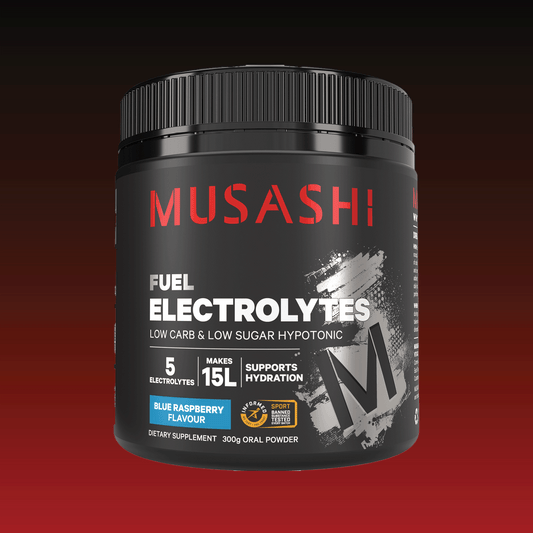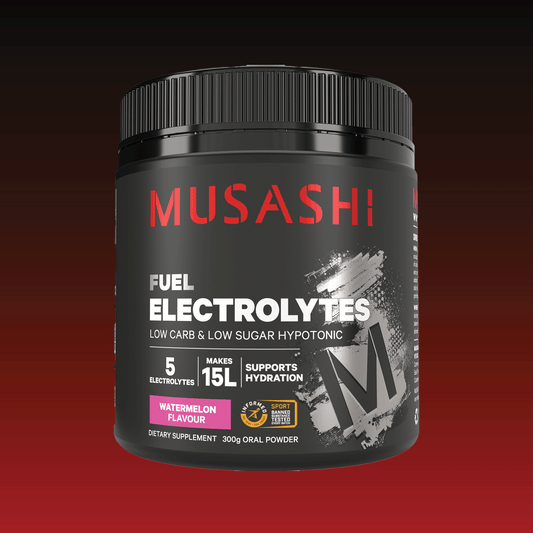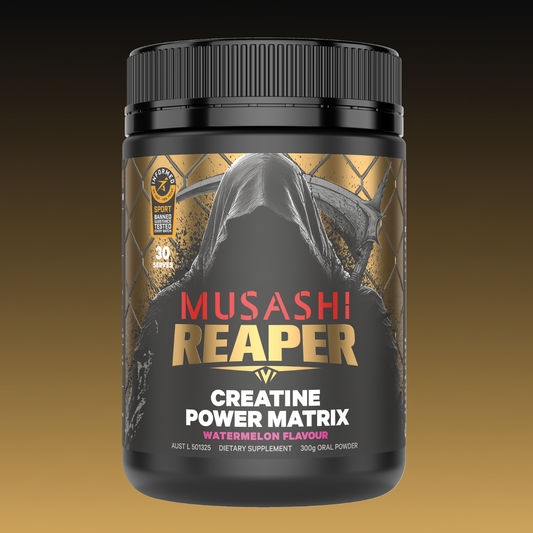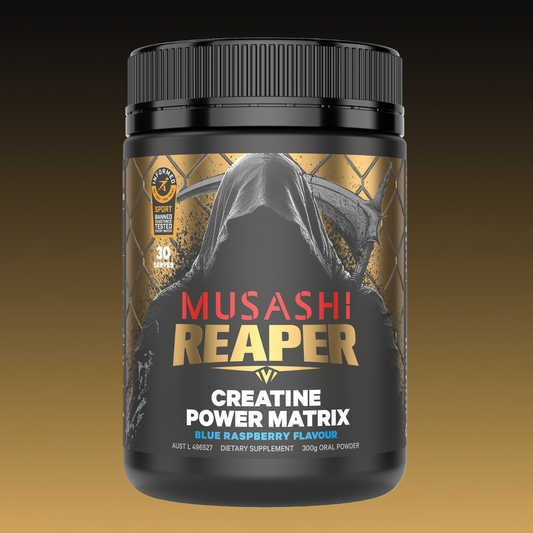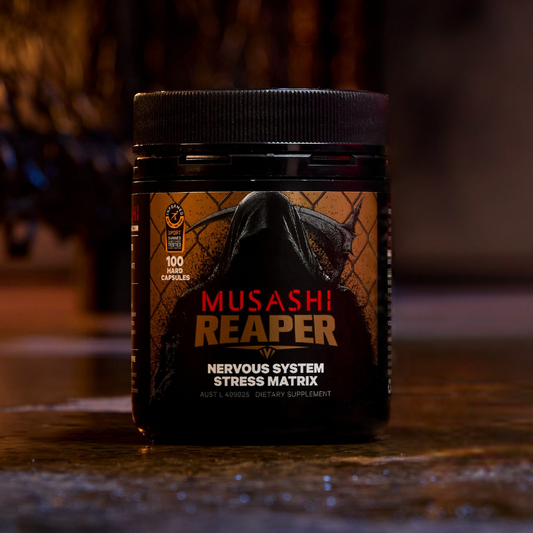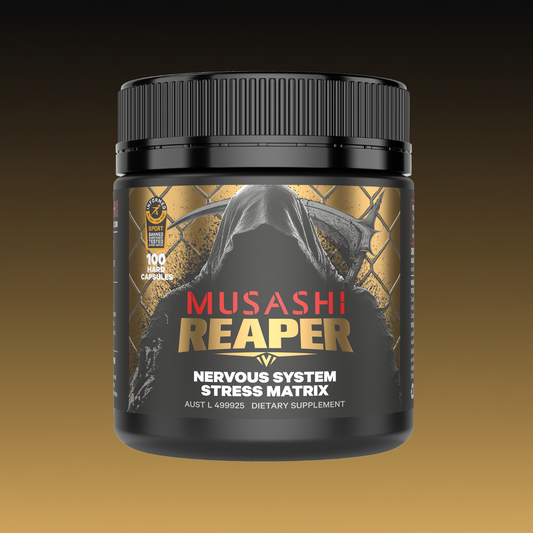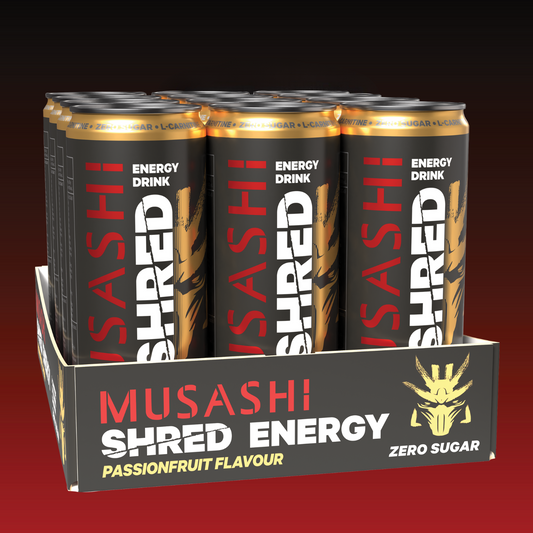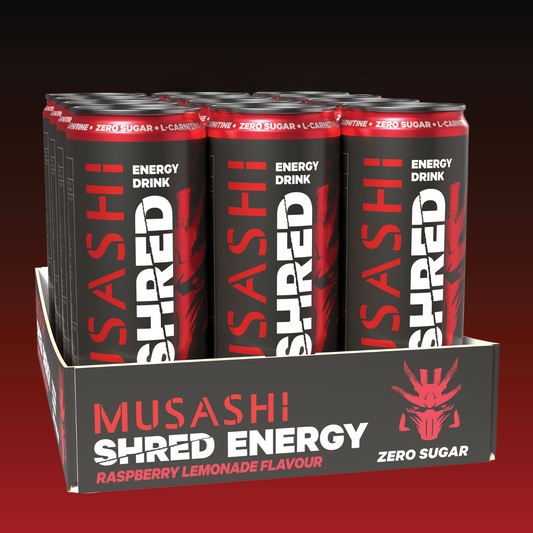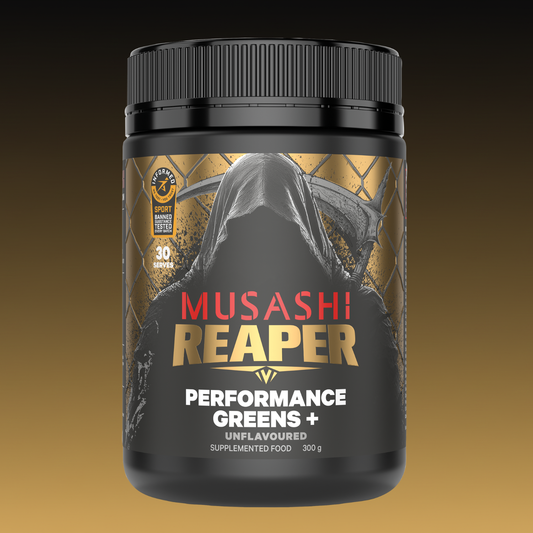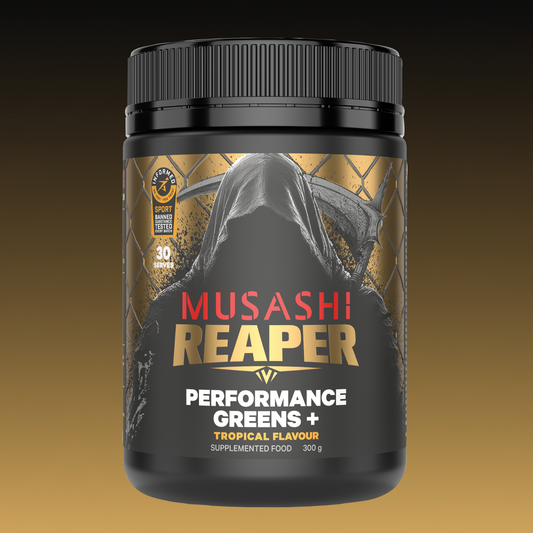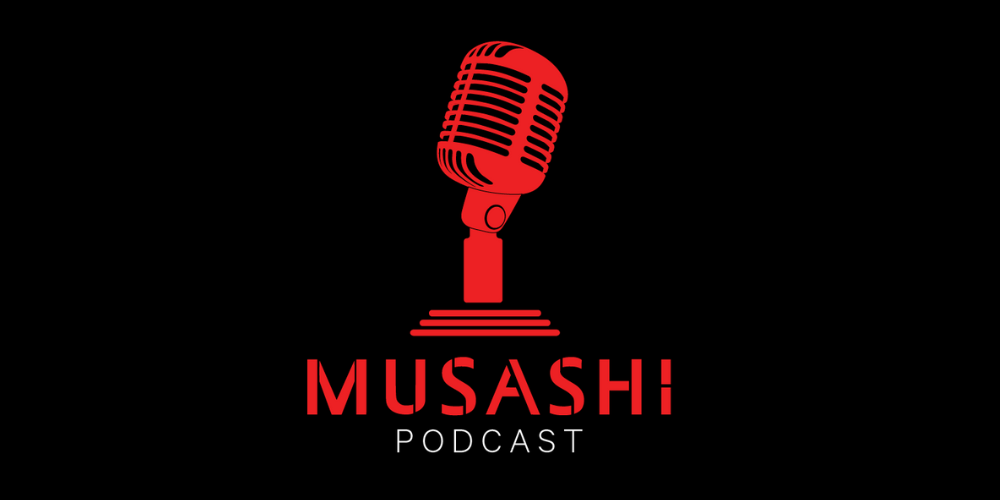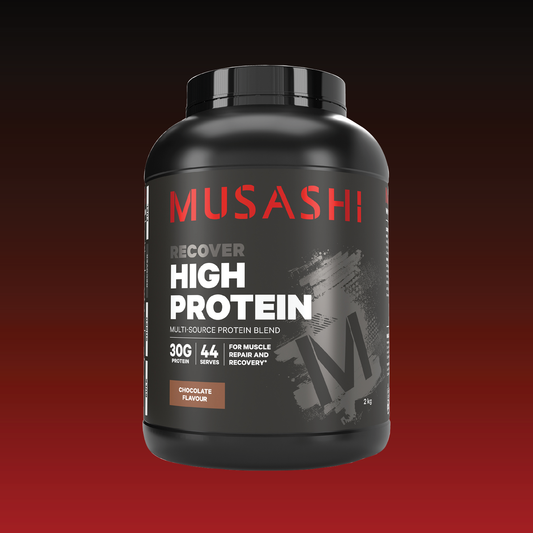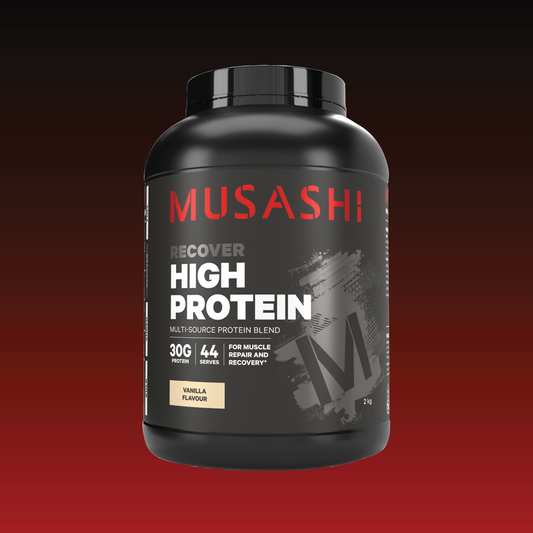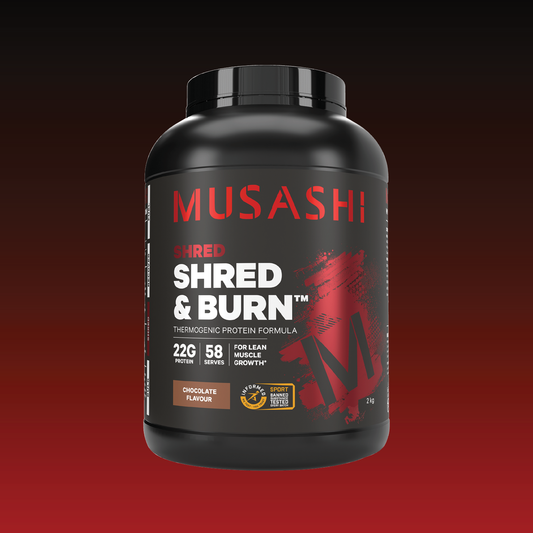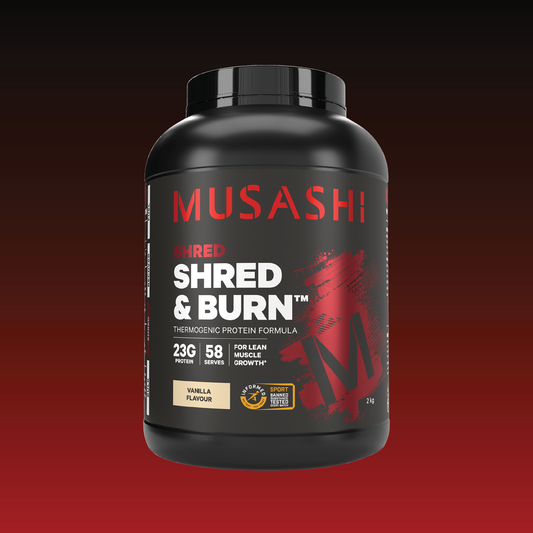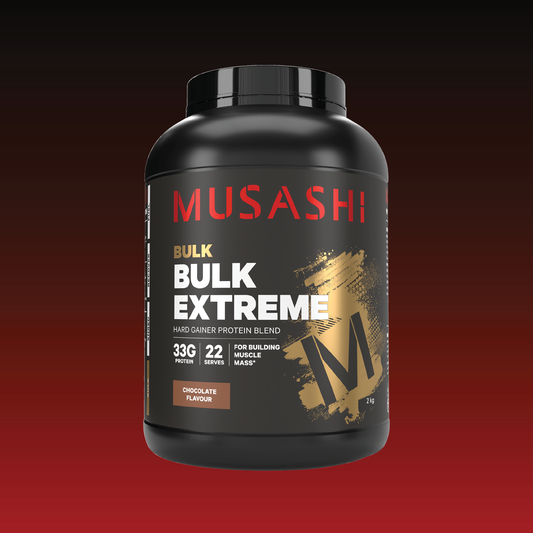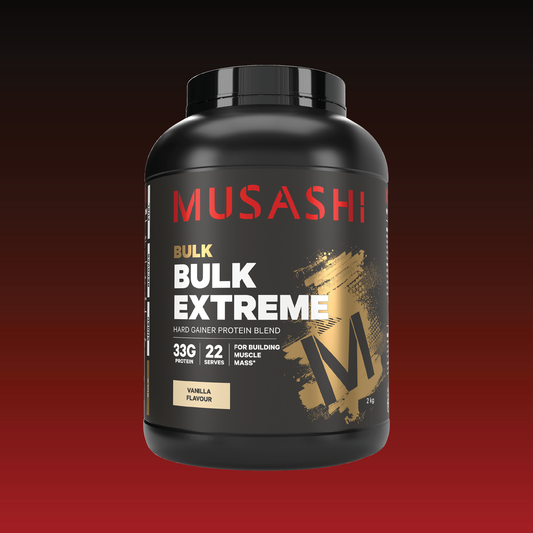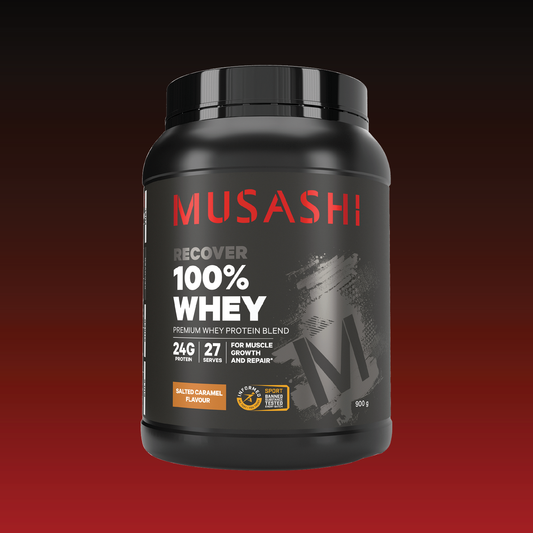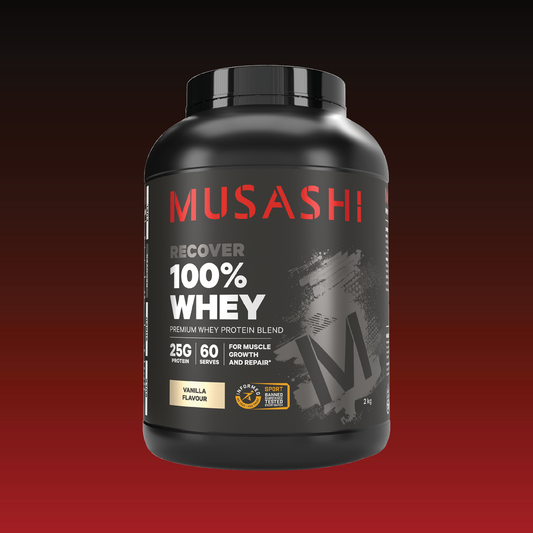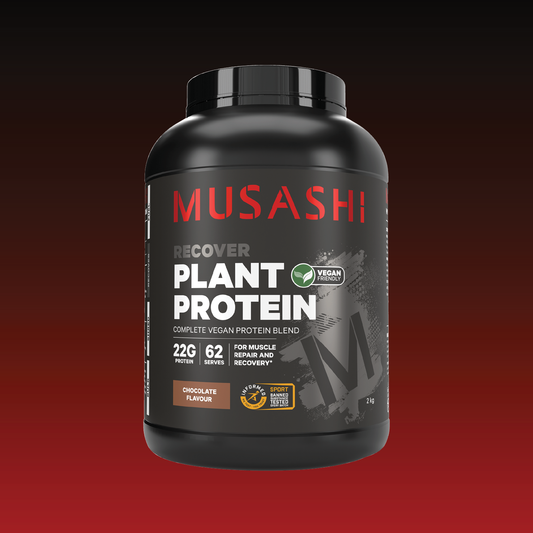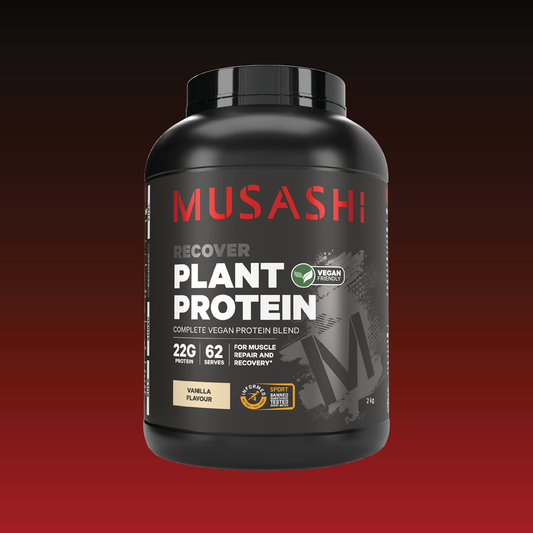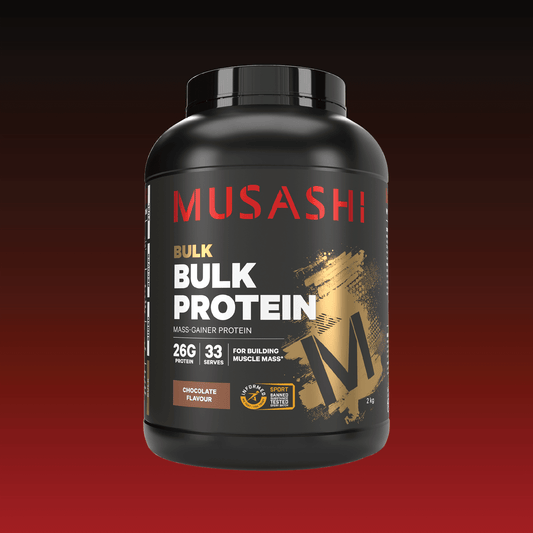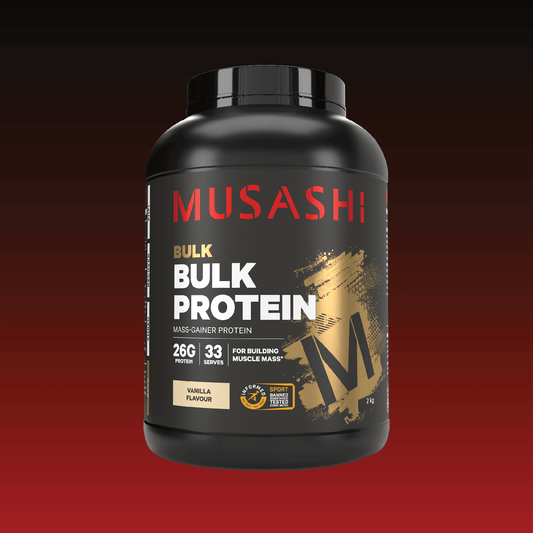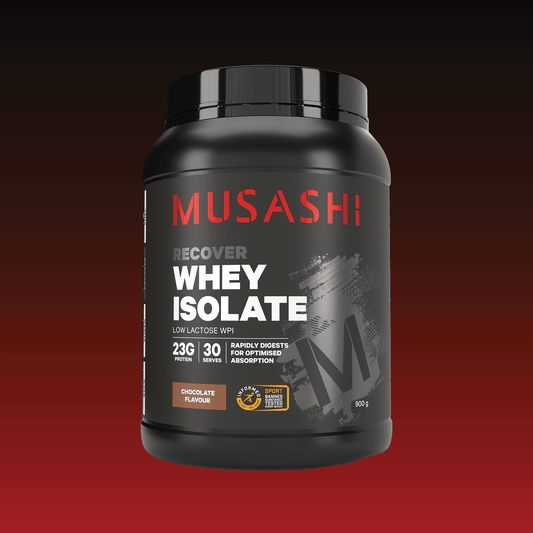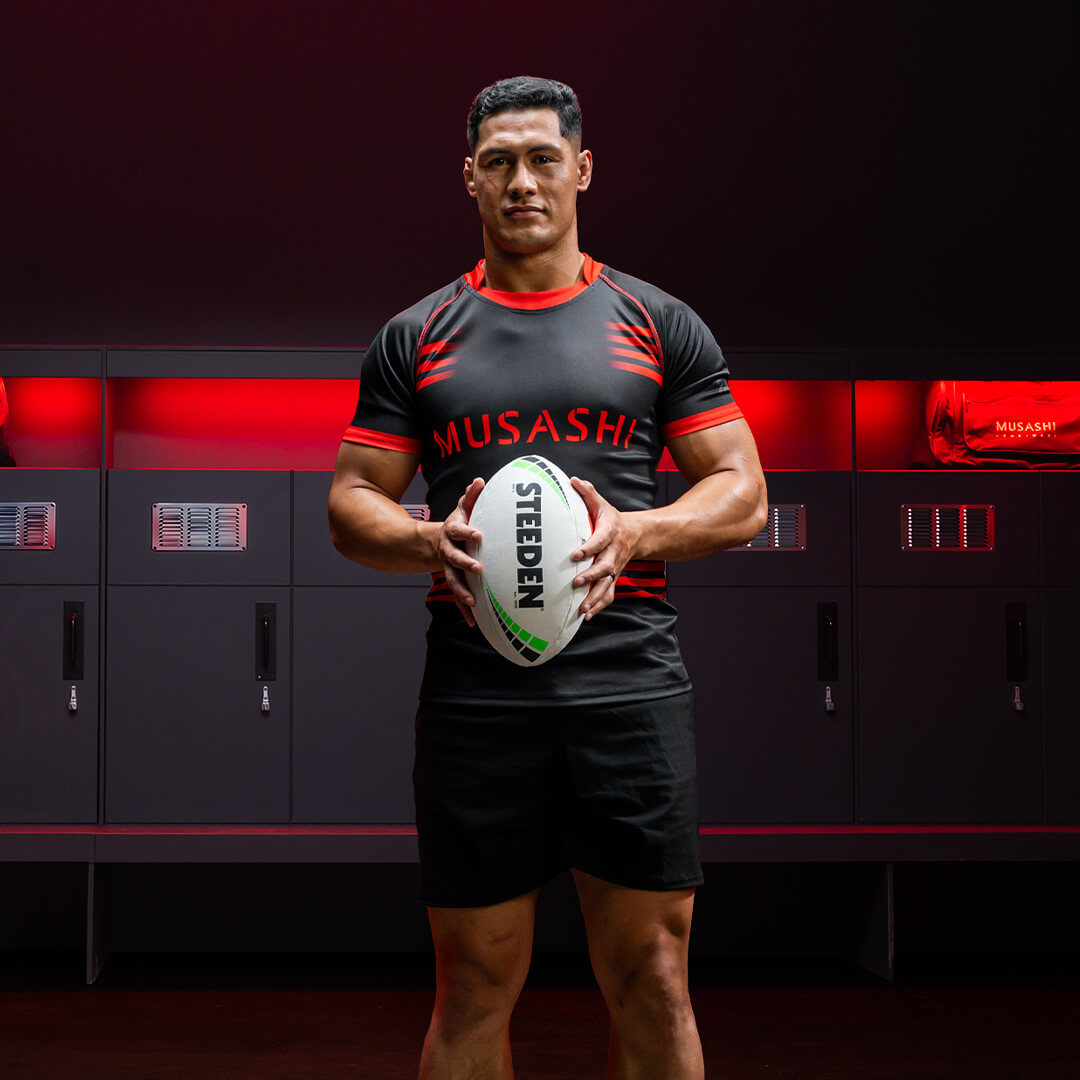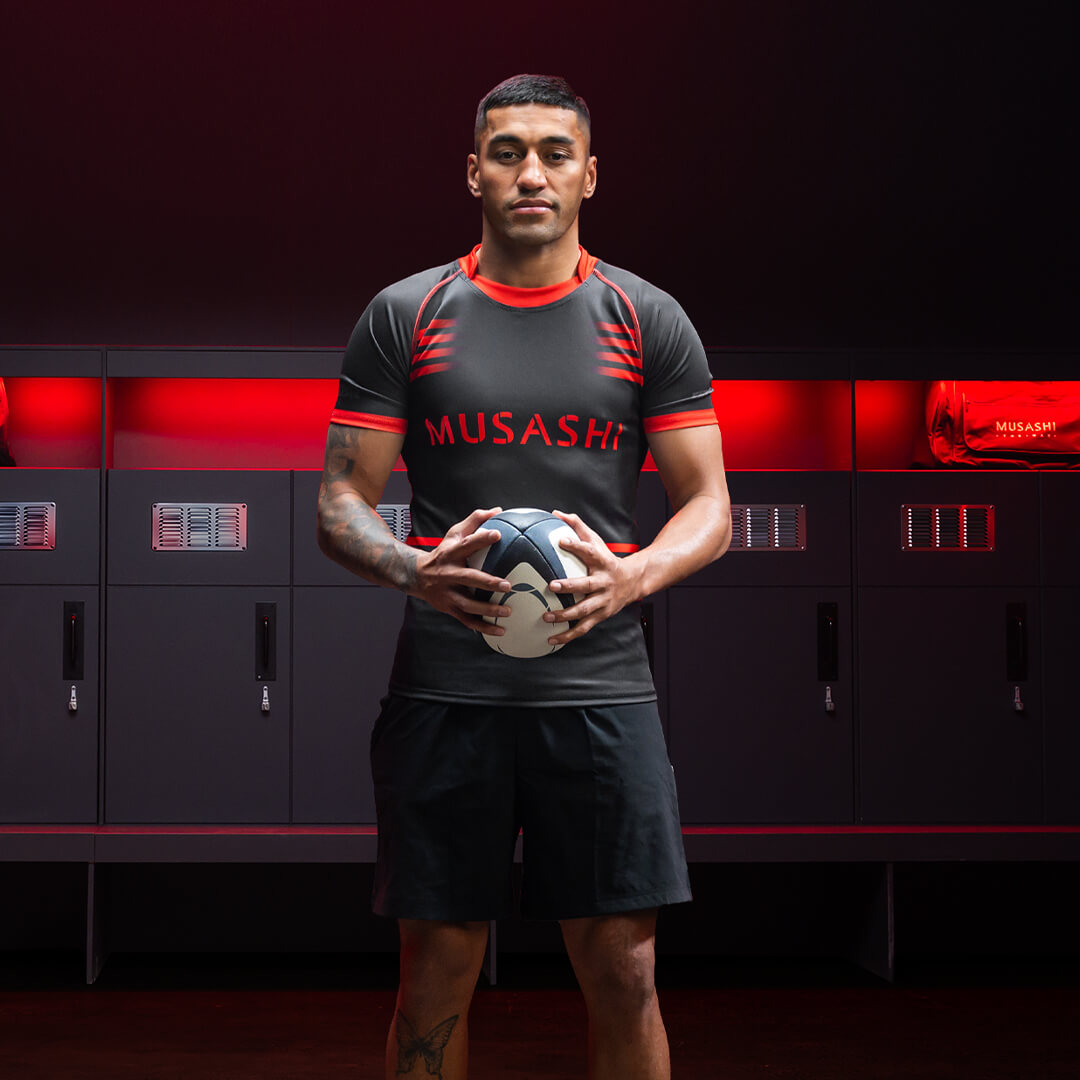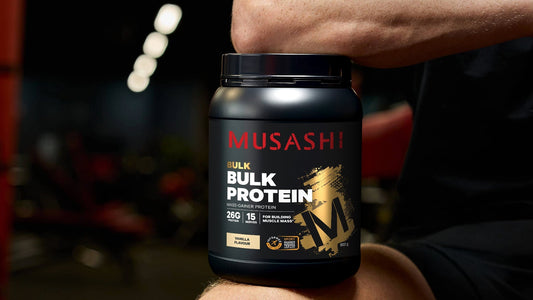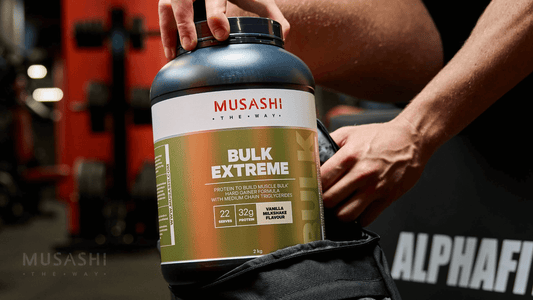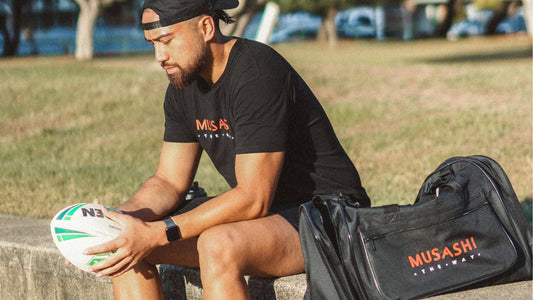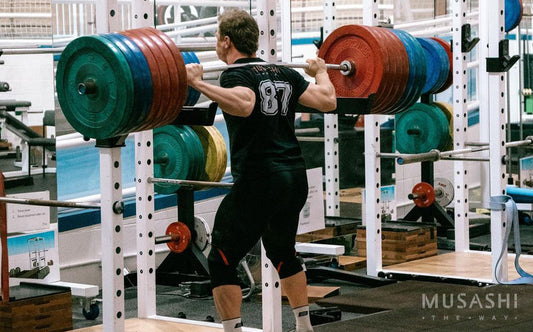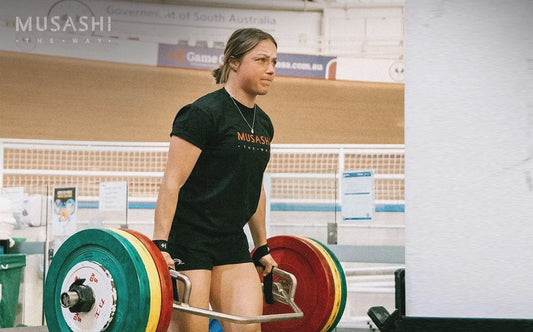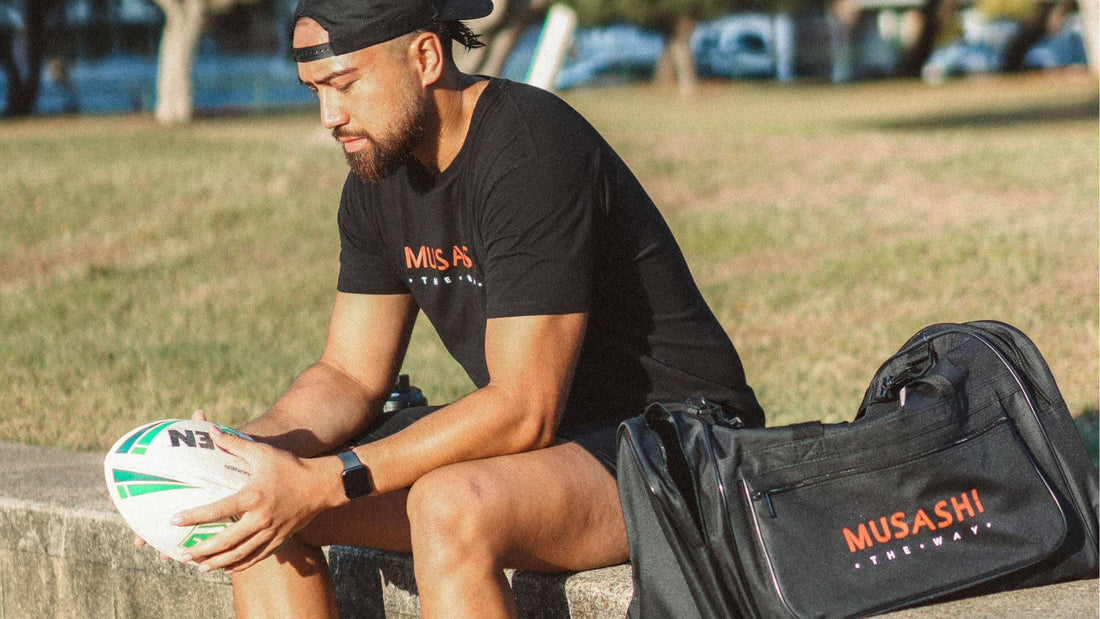
Training typically consists of strength and conditioning (gym) and skill sessions (field training). It is common practice for NRL players to participate in multiple training sessions each day, such as a gym session in the morning and a field session in the afternoon. GPS data from the NRL show players cover between 5-8km per game, with backs covering more distance than forwards. Much of this distance is covered with low-intensity activity (walking or jogging) and high-intensity bursts and sprints spread throughout.
Nutrition plays an important role in optimizing performance and is often the forgotten element among athletes. It is crucial to have a strategic meal plan in place to prevent early fatigue, reduce muscle breakdown, and enhance hydration. For all athletes, it is important to meet individual needs by following the fundamentals of a healthy diet.
Key Elements of a Rugby League Player's Nutritional Meal Plan
The following are important for all rugby league players, just in varying amounts:
-
Protein
Lean meat, fish, eggs, and dairy are important for maintaining muscle mass and supporting strength gains. -
Carbohydrates
Rice, quinoa, sweet potato, oats, and wholegrain products are essential for energy and fuel for both training and game day. -
Healthy Fats
Avocado, olive oil, nuts, and seeds increase the energy content in meals, helping to support high energy needs during heavy training periods. -
Fruit and Vegetables
Broccoli, beans, spinach, kale, and carrots help to boost a healthy immune system. -
Electrolytes
Sodium, potassium, magnesium, and calcium are lost through sweat. These important minerals help you retain fluid and remain hydrated.
Rugby League Meal Plan
Breakfast
- Oats (1 cup) + milk (300ml)
- Trail mix (1 handful)
- Banana (large)
- A glass of orange juice (300ml)
Pre-Training (Gym)
- Musashi Pre-Workout (9g) + water (300ml)
During Training (Gym)
- Musashi Electrolyte (10g) + water (500ml)
Post-Training (Gym)
- Musashi 100% Whey (30g) + water (250ml)
- A piece of fruit (e.g., apple or orange)
Lunch
- Chicken Sandwich x2
- Grilled chicken (85g)
- Wholegrain bread (x4 slices)
- Topped with mixed salad and a thin layer of mayonnaise
Pre-Training (Field)
- Musashi Electrolyte Formula (5g) + water (250ml)
- Musashi Deluxe Protein Bar
During Training (Field)
- Musashi Electrolyte Formula (5g) + water (250ml)
Post-Training (Field)
- Musashi 100% Whey (30g) + water (250ml)
- Peanut butter on rice cakes (x4) or toast (x2-3) with Vegemite
Dinner
- Meat/Fish (150g)
- Rice or couscous (2 cups)
- Steamed vegetables (2-3 cups) or Salad (3-4 cups)
Snack
- Greek Yogurt (200g)
- Raw almonds (1 handful)
- Musashi 100% Whey (30g) + water (250ml)
Check out the Musashi Performance Lab for extensive Training and Nutrition Programs for Rugby Players! Energy requirements can differ depending on age, gender, activity levels, height, weight and health status. For personalised advice, see a sports dietician.
